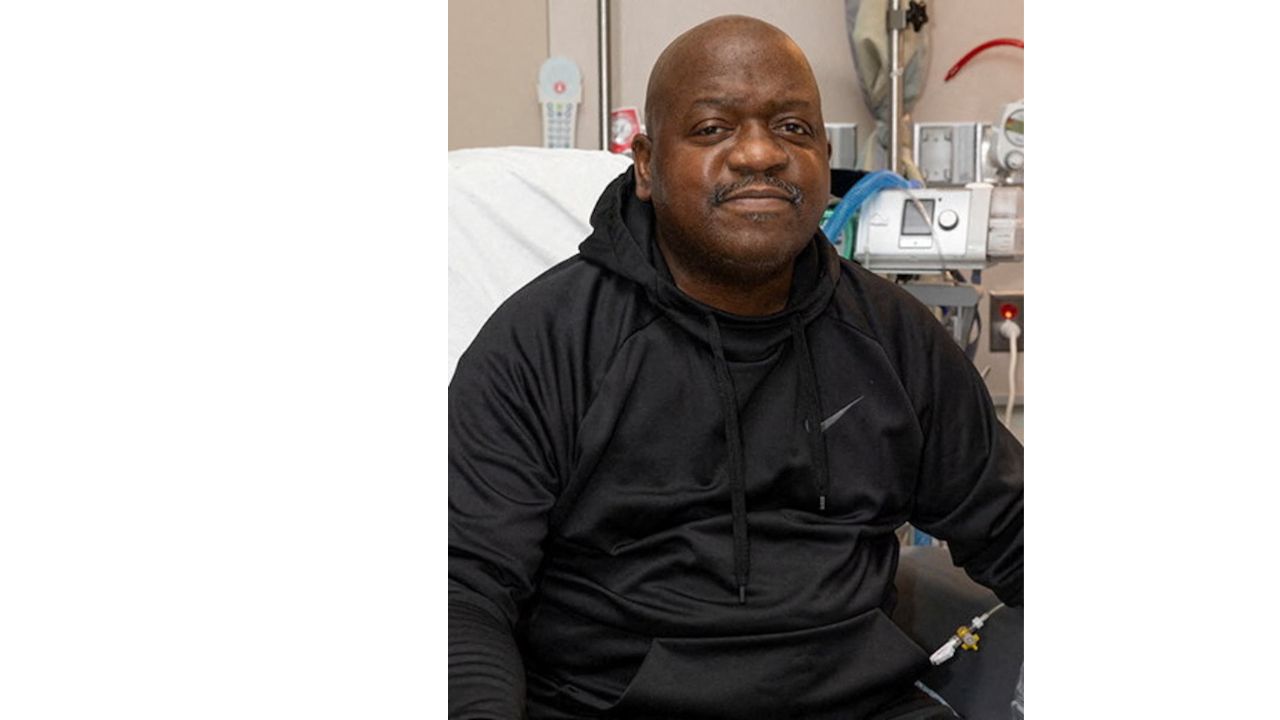Richard Slayman Dies at 62: First Pig Kidney Transplant Recipient Is No More
Even though the recipient of the first successful transplant of a genetically engineered pig kidney into a person is no longer with us, it remains a medical landmark and success story.

The surgical team at Massachusetts General Hospital (MGH), where 62-year-old Richard “Rick” Slayman had the historic treatment, released a statement saying that they do not believe his renal failure caused his death.
What Happened to Richard Slayman?
The medical world is at a crossroads, dealing with the joy of a significant medical breakthrough and the sadness of a substantial loss. The 62-year-old Richard “Rick” Slayman, who was fighting end-stage renal illness, rose to prominence as the symbol of a novel development in medical history. His story illuminates the complex terrain of xenotransplantation or the transfer of organs from one species to another. It is characterized by optimism, resiliency, and, finally, tragedy.
Slayman’s journey into new medical territory, which resulted in the first kidney transplant from a genetically engineered pig, offered hope to many others who faced the grave possibility of organ failure. Nevertheless, his death, only two months after surgery, has clouded the bright future of xenotransplantation.
Tragic Tragedy Shrouds Historic Milestone:
Slayman’s story was one of tenacity in the face of hardship. His life was a tribute to the human spirit’s tenacity despite suffering from Type 2 diabetes, hypertension, and end-stage renal failure. The transplant story began in March at Massachusetts General Hospital when Slayman was the center of attention for a risky medical experiment. Hope was restored with the injection of a genetically altered pig kidney, and the threat of dialysis started to fade.
The first reports from the hospital hallways were hopeful, announcing that the swine organ had been successfully incorporated into Slayman’s physiological system. But this joy was short-lived, for Slayman’s sudden death caused the light of hope to fade.
Breaking Down the Xenotransplantation Risks:
Although xenotransplantation presents a potential solution to the ongoing scarcity of human organ donors, it is not without risk. Dr. Vaibhav Keskar, Consultant Nephrology, Fortis Hospital Mulund, states that transplanting organs across species borders comes with several difficulties, the most significant of which is the risk of organ rejection. The human immune system, which is always on the lookout for foreign invaders, is a substantial barrier to the long-term viability of xenotransplantation.
An aggressive immune reaction brought on by injecting non-human tissue is known as hyperacute rejection, and it is a powerful opponent in pursuing xenogeneic harmony. In an attempt to overcome this obstacle, genetic alterations in donor pigs have been the focus. The goal is to cover the transplanted organ with an immune mask. Although these developments are necessary, there is continuous examination and discussion on their effectiveness in harsh clinical practice environments.
The possibility of infectious disease transmission looms large over the prospect of xenotransplantation, casting a shadow on the possibility of rejection. The possibility of zoonotic transmission persists despite stringent screening procedures and strict monitoring systems, reminding us of previous pandemics and epidemics caused by interspecies transmission. Even with strict precautions, the possibility of infectious pathogens being transferred from donor animals to recipients in humans still exists, which emphasizes how risky xenogeneic transplantation is.
Considering Public Health:
Ethical issues are a significant obstacle that requires careful study and attention as we traverse the problematic field of xenotransplantation. How public safety, animal welfare, and human health are intertwined highlights how complex this discussion is. To ensure that scientific growth stays firmly based on compassion, empathy, and respect for all sentient beings, the search for medical progress must be temperated by a commitment to ethical integrity. Furthermore, the public health threat is real and demands a comprehensive risk reduction and containment strategy.
Condolences:
Following the terrible death of Slayman, we are at a turning point in the history of medicine. His tragic and triumphant journey serves as a sobering reminder of the high stakes in the quest for medical innovation. As we move on, let us consider the lessons learned from Slayman’s journey and adopt a mindset of humility, tenacity, and steadfast dedication to the sanctity of life. In observance of his memory, let us intensify our efforts to wisely, presciently, and compassionately negotiate the complications of xenotransplantation, ensuring that the promise of medical advancement is restrained by the grave obligation to protect the welfare of all creatures.


Comments are closed.